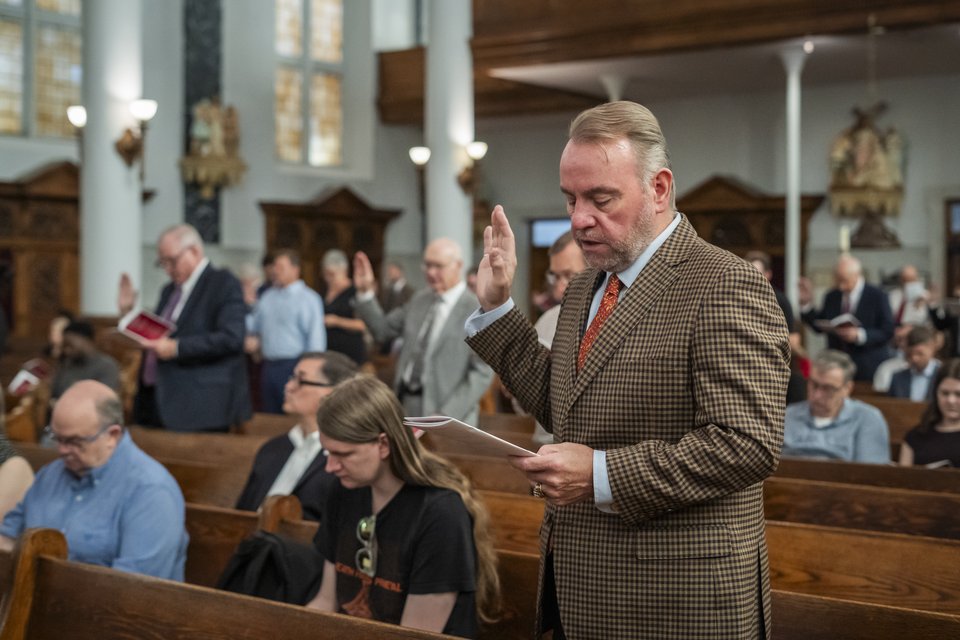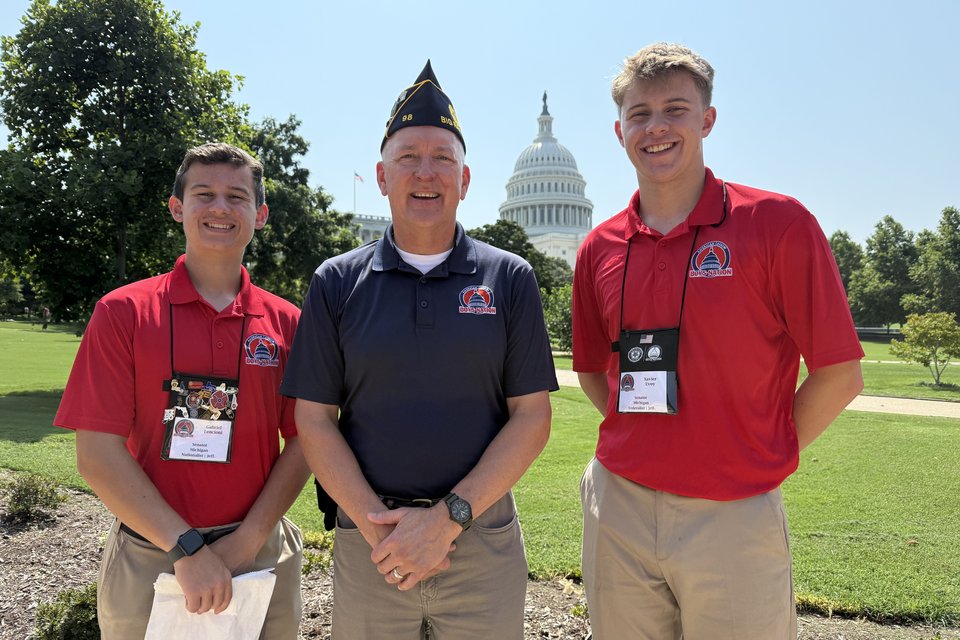Editor's note: This is the second of five short articles adapted from the Michigan Catholic Conference's fall newsletter, Focus, "A Catholic Approach to Voting in the 2024 Election." To read the full version or to access more election resources for Catholics, visit the Michigan Catholic Conference's election guide.
Living a life of faith in Jesus Christ is an ongoing process of transformation. Look no further than the lives of the saints; men and women throughout history whose personal conversions produced abundant graces. The Lord is inviting saints and sinners alike to come closer to Him, and to be mindful of decisions and choices that impact others, including those in the broader community.
Moving closer to Christ leads one to discipleship, where Christians strive to live Gospel values with hope, peace, and joy each day of the week—no different on a Tuesday than after Mass on Sunday. Living as a disciple in today’s culture takes effort and is sometimes challenging. The same can be said when stepping into the voting booth or filling out an absentee ballot.
The values, morals, and ethics with which Catholics carry themselves extend to civic participation and how candidates for office are judged. Those who commit to following the Lord seek the guidance of the Holy Spirit to help inform their choices. Candidates are then elected, who go on to make decisions about our communities, state, and nation.
Catholic voters should be guided more by moral convictions than by attachments to a political party or interest group.
How does faith apply to politics? And, should it? The simple answer is: Yes. The Church and her teachings shed light on important truths about human nature, such as the dignity and sanctity of every human life, the obligation to protect and serve the most vulnerable, and the purposes of marriage and family. These truths are not solely religious beliefs but also universal principles that all people can come to recognize through natural reason.
Every election season, some who are skeptical of applying faith to political participation claim—mistakenly—that a separation of church and state forbids such an approach. The vision advanced by President Thomas Jefferson was not to prevent religious persons or groups from participating in American democracy, but to maintain a wall that prevents government from encroaching into individual conscience rights and the religious life of citizens.
Paul A. Long: Prepare to vote like a Catholic this election (Voices)
Freedom of conscience and free participation of believers in American public life was considered so essential (and remains as such) that religious liberty was enshrined in the First Amendment to the Constitution. For Catholics, the Church guides the faithful to exercise their right to free participation in the democratic process by engaging in a period of prayerful discernment and conscience formation prior to voting.
Copy Permalink
Faithful citizenship











